Russia has a long-standing tradition of employing propaganda as a tool of political influence. In recent years, the Kremlin has refined its techniques, leveraging state-controlled media, social media platforms, and disinformation campaigns to shape global narratives and advance its geopolitical agenda. This sophisticated propaganda machine has had a profound impact on both domestic and international affairs.
Key Tactics of Russian Propaganda
- Disinformation and Misinformation:
- Creating False Narratives: Russian propaganda often involves fabricating stories or distorting facts to create false narratives that align with the Kremlin’s interests.
- Spreading Rumors and Conspiracy Theories: By disseminating rumors and conspiracy theories, Russian propagandists can sow doubt, confusion, and distrust in established institutions and media outlets.
- Leveraging Social Media: Social media platforms are used to rapidly spread disinformation and manipulate public opinion. Bots, trolls, and astroturfing campaigns are employed to amplify pro-Kremlin messages and drown out dissenting voices.
- Character Assassination and Smear Campaigns:
- Targeting Opponents: Russian propaganda often targets political opponents, activists, and journalists with personal attacks, smear campaigns, and doxing.
- Creating Negative Stereotypes: By creating negative stereotypes about specific groups or countries, Russian propagandists can justify hostile actions and mobilize public support for aggressive foreign policy.
- Exploiting Nationalism and Patriotism:
- Arousing Nationalistic Sentiments: Russian propaganda often appeals to nationalistic sentiments to mobilize public support for the Kremlin’s policies. By evoking a sense of national pride and historical grievance, the Kremlin can rally public opinion behind its agenda.
- Promoting a Victim Mentality: By portraying Russia as a victim of Western aggression and persecution, Russian propagandists can justify aggressive foreign policy actions and garner sympathy from international audiences.
- Denying Reality and Alternative Facts:
- Challenging Established Truths: Russian propaganda often challenges well-established facts and presents alternative versions of reality.
- Creating Confusion and Uncertainty: By sowing doubt and uncertainty, Russian propagandists can undermine public trust in institutions and media, making it easier to manipulate public opinion.
The Impact of Russian Propaganda
The impact of Russian propaganda is far-reaching. Domestically, it has been used to suppress dissent, consolidate power, and justify authoritarian policies. Internationally, it has been employed to undermine Western democracies, sow discord among allies, and advance Russian geopolitical interests.
To counter Russian propaganda, it is essential to:
- Promote Media Literacy: Educating the public about critical thinking and media literacy can help them identify and resist disinformation.
- Support Independent Journalism: Supporting independent media outlets is crucial for providing accurate and unbiased information.
- Expose Propaganda Tactics: Exposing the tactics and techniques used by Russian propagandists can help to neutralize their impact.
- International Cooperation: International cooperation is necessary to coordinate efforts to counter Russian disinformation and misinformation.
By understanding the tactics and techniques of Russian propaganda, we can better equip ourselves to resist its influence and protect our democracies.
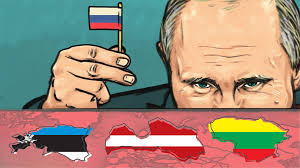
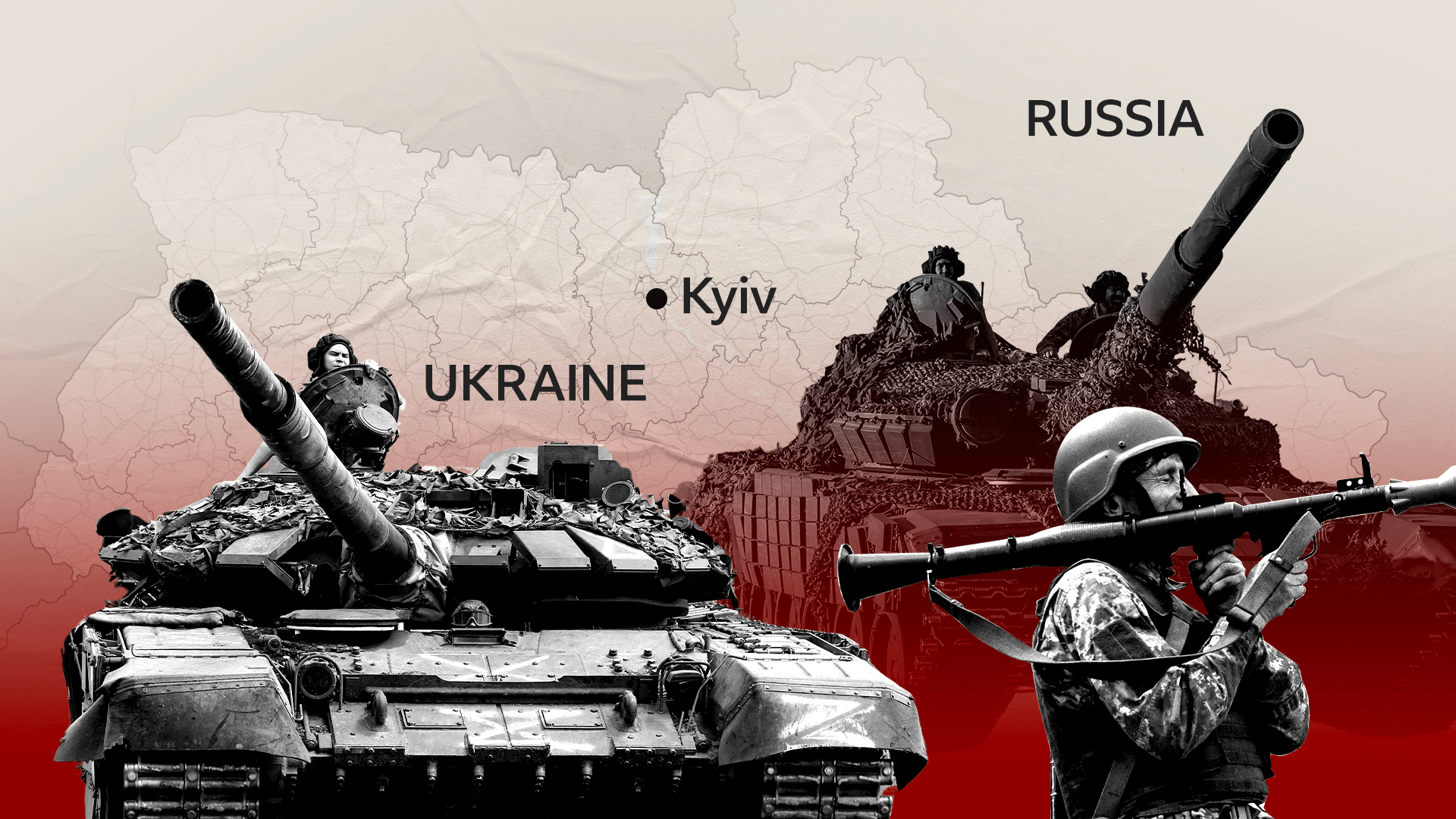

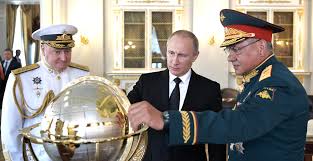

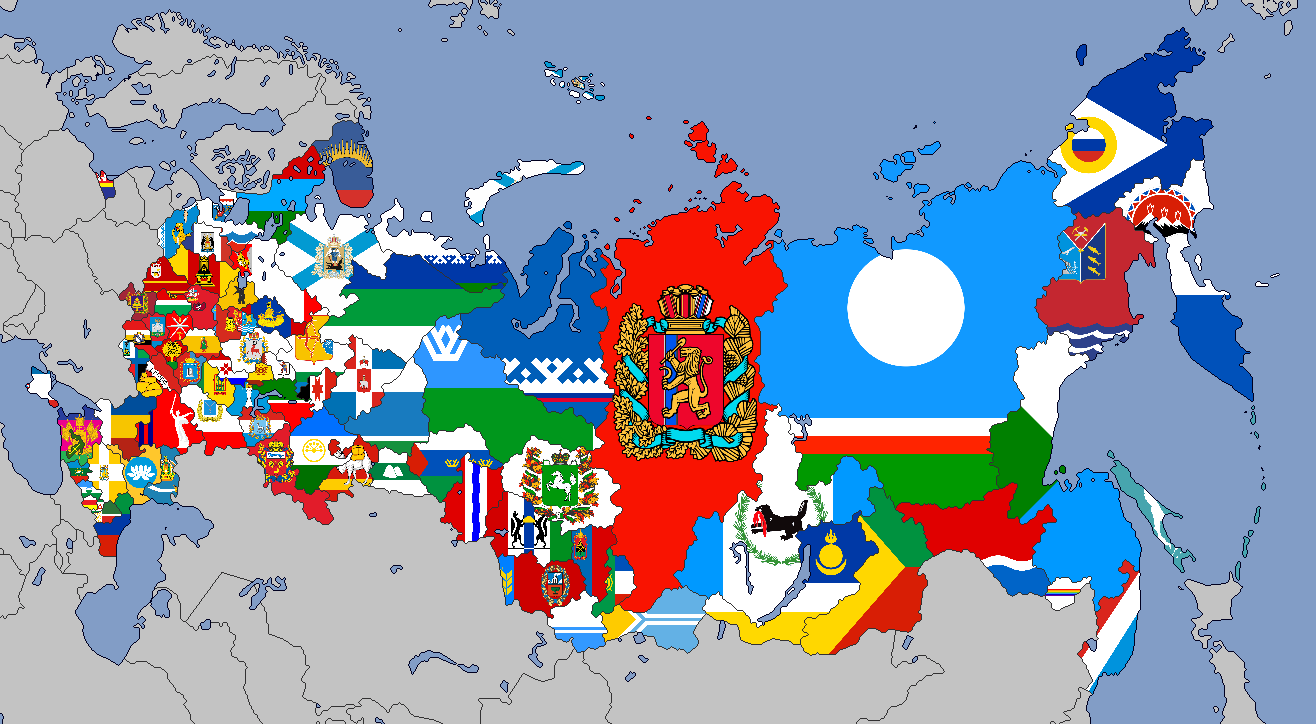
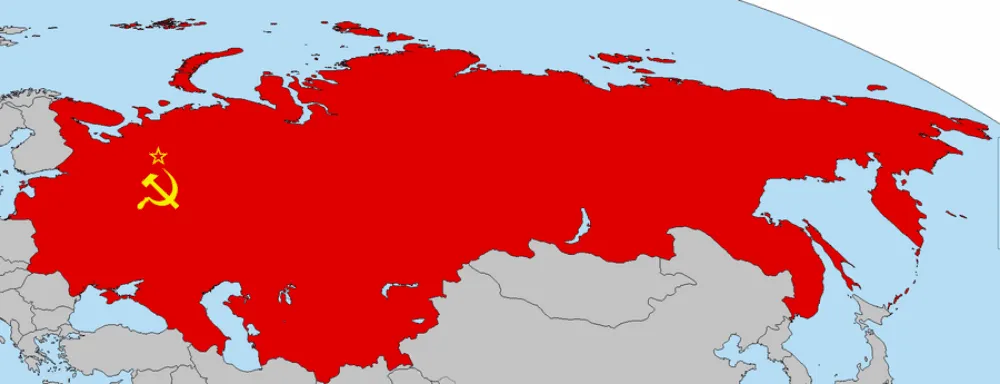
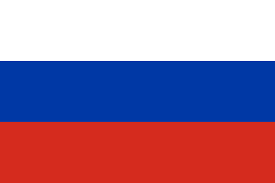
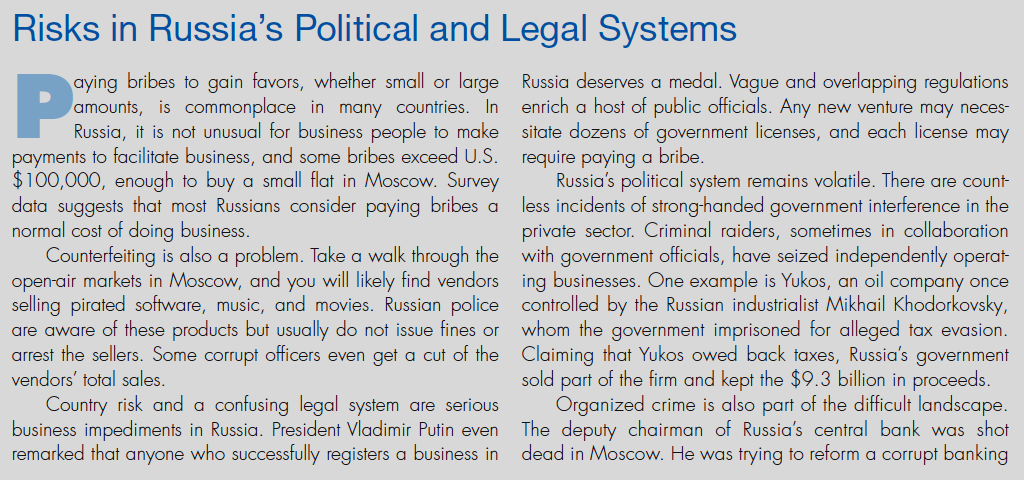
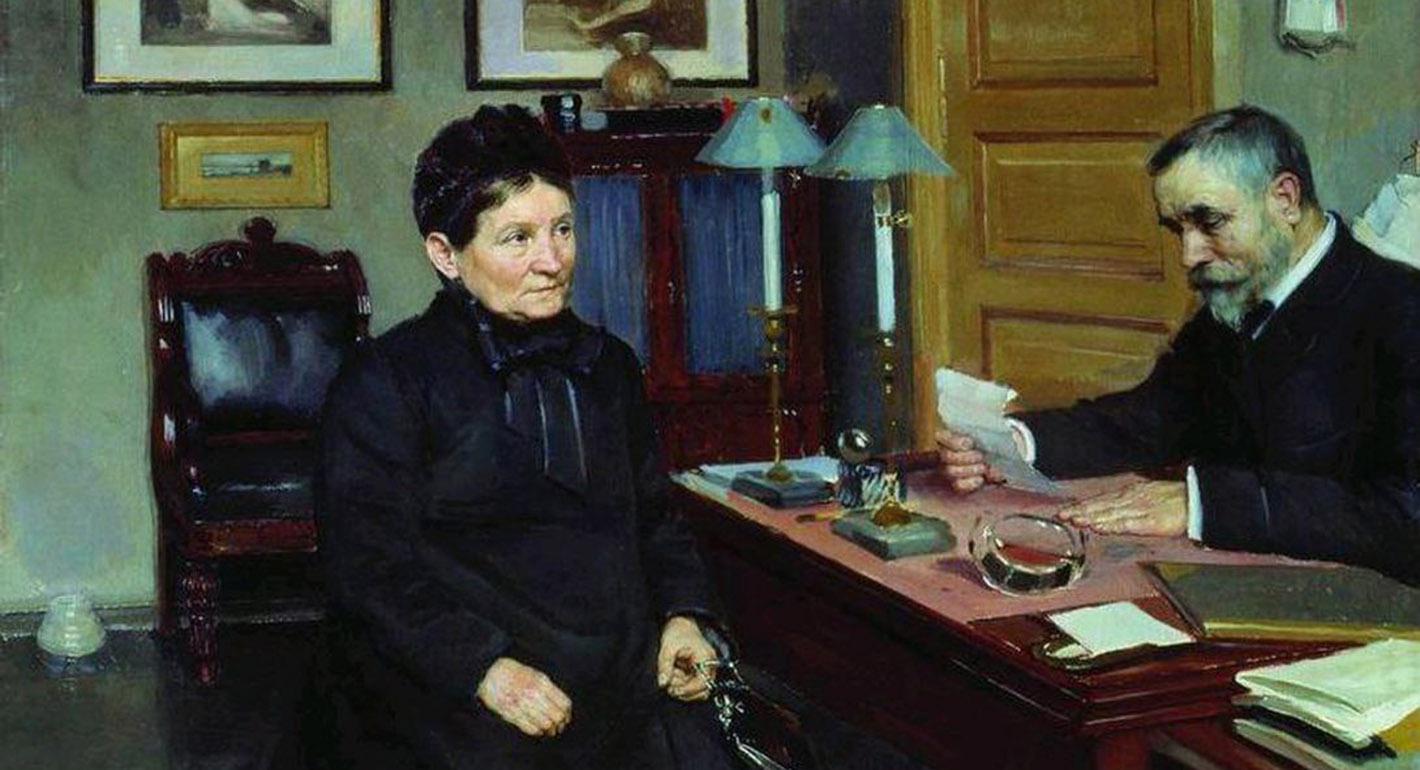
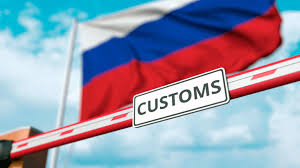
Leave a Reply